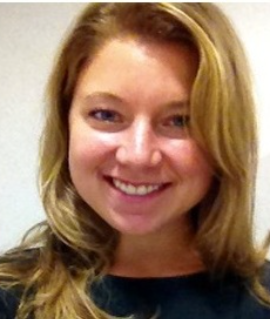Title : Overcoming the challenges of determining genetic diversity in closely related genotypes that have undergone a genetic bottleneck.
Abstract:
Identification of genetic polymorphisms and subsequent development of molecular markers is important for marker assisted breeding of superior varieties of economically important species. Sweet cherry (Prunus avium L. ) is an economically important, non-climacteric tree fruit crop in the Rosaceae family and has undergone a genetic bottleneck due to breeding—This has resulted in limited genetic diversity in the sweet cherry germplasm that is utilized for breeding new varieties. Therefore, it is critical to recognize the best platforms for identifying genome-wide polymorphisms that can help identify and consequently preserve the diversity in a genetically constrained species. For the identification of polymorphisms in five closely related genotypes of sweet cherry, a gel-based approach (TRAP), modified reduced representation sequencing (TRAPseq), a 6k cherry SNParray, and whole genome sequencing (WGS) approaches were evaluated in the identification of genome-wide polymorphisms in sweet cherry cultivars. All platforms facilitated detection of polymorphisms among the genotypes with variable efficiency. In assessing multiple SNP detection platforms, that study has demonstrated that a combination of appropriate approaches is necessary for efficient polymorphism identification, especially between closely related cultivars of a species. The information generated in this study provides a valuable resource for future genetic and genomic studies in sweet cherry, and the insights gained from the evaluation of multiple approaches can be utilized for other closely related species with limited genetic diversity in the germplasm.



